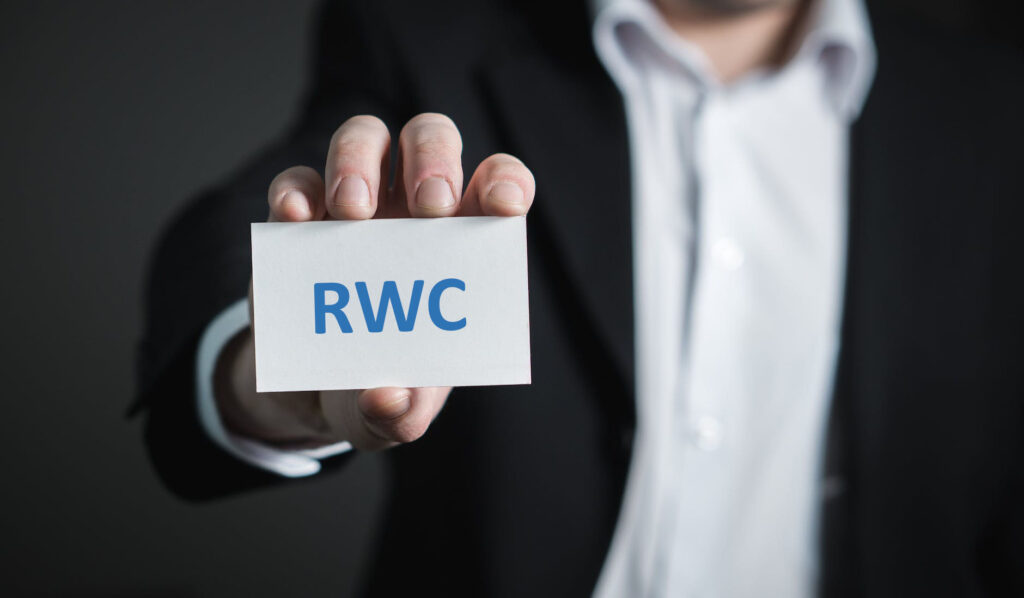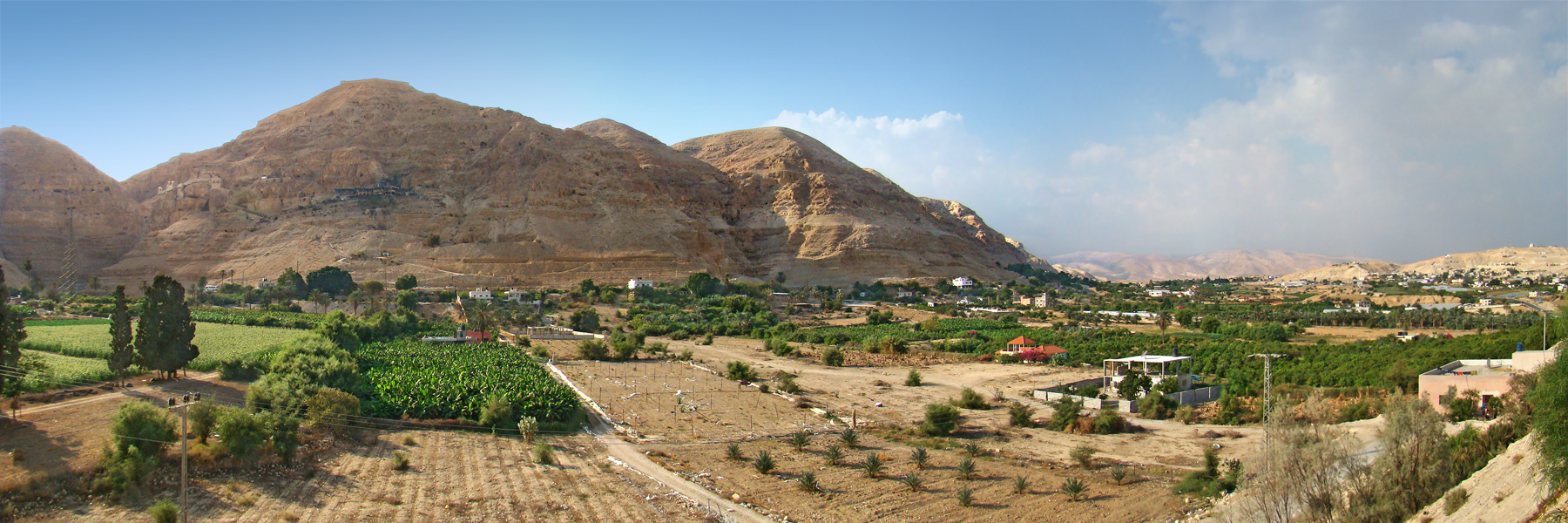
Dr.-Ing. Bernd Rusteberg
E-mail: brusteberg@rustebergwaterconsulting.com
Mobil: +49 (0) 176 8430 1336
Himmelsbreite 49
37085 Göttingen
Germany

Welcome to the website of the German consulting firm Rusteberg Water Consulting UG. RWC is specialized in integrated water resources planning and management (IWRM) under water scarcity, and develops strategies and software systems for adaptation to climate change, prevention of water use conflicts and decision support in the implementation of measures. RWC is committed to implementing the United Nations Sustainable Development Goals (SDGs).
Many regions of the world are exposed to a significant conflict potential due to the rapidly increasing water demand of all water sectors, water pollution and the increasing influence of climate change. Climate change is also associated with a significant increase in extreme weather conditions. In regions where water is already scarce, a dramatic reduction in water availability and an increase in extreme droughts can be observed, affecting all water sectors. Since 2018, Germany has also been increasingly confronted with the problem of drought and the risk of water supply shortages. In many places, water scarcity has led to the overuse of groundwater resources and conflicts over water use, particularly with irrigation agriculture. There is an urgent need to implement measures and strategies for adapting to climate change and preventing water management conflicts.
However, the planning and implementation of water management measures for adaptation to climate change is not a local-specific measure. Rather, in accordance with the IWRM principle, it requires an integral consideration of the water resources system and its challenges in a regional context or at the catchment area level. In this context, economic, ecological, technical, social and legal aspects relevant to decision-making must be included in the planning and decision-making process and the participation of all stakeholders must be ensured. These include, among others, decision-makers from water and environmental authorities, water supply companies, associations or representatives of various water sectors.
Over the past 10 years, RWC has frequently worked at the interface between applied research, development and consultancy, and has been involved in large IWRM research projects in the Middle East, the Mediterranean region and Brazil to develop innovative solutions for the sustainable management of scarce water resources.
One focus of our work has been the development of GIS-based online decision support systems using innovative information technologies, which can be used to support water resources planning and management in the context of participatory and collaborative decision-making processes. Optional water management measures can be identified, integrally evaluated and compared with each other, and strategies for implementation at the regional level can be outlined. RWC sees an urgent need for the development and use of such systems both internationally and in Germany, as they enable stakeholder participation, contribute to transparency and thus to the subsequent acceptance of the project or planning results. In addition, risks and potential conflicts can be identified at the planning stage and, if necessary, minimized or avoided by appropriate measures.
Water management studies on water availability and the potential for conflict are also of great importance with regard to the sustainable production of green hydrogen. This not only concerns potential hydrogen imports from dry regions such as Brazil, North Africa and the Middle East, which have great potential for generating renewable energies but are affected by extreme water scarcity and already affected by conflicts in water use, but also specifically concerns production sites for industrial plants in Germany. As can be seen in the case of the TESLA factory in Brandenburg, water shortages during the dry periods in summer can no longer be ruled out.
This makes integrated water resources planning and risk assessment of alternative strategies and projects urgently necessary; not least because the water demand for the production of green hydrogen is considerable and, in principle, different water resources can be used. Accordingly, the production sites must be chosen carefully.
RWC offers consulting services and studies on a variety of topics. The company has considerable international experience and has worked with more than 50 partner institutions since its foundation. Further information about the company, services, projects and partners can be found on the following pages.

Dr.-Ing. Bernd Rusteberg
E-mail: brusteberg@rustebergwaterconsulting.com
Mobil: +49 (0) 176 8430 1336
Himmelsbreite 49
37085 Göttingen
Germany